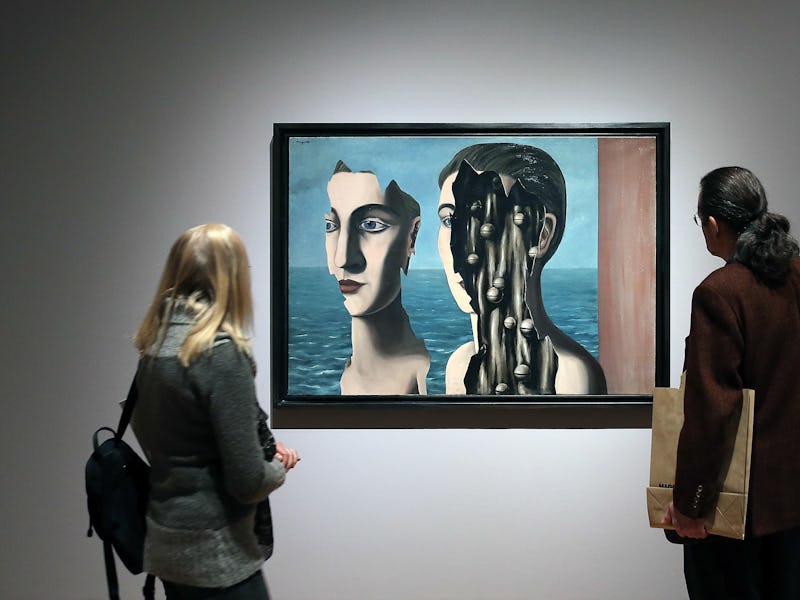Researchers Cracked Open the Mystery of Memory In Your Brain
Why is it so hard to remember things in some circumstances, and so easy in others?

One way to think about consciousness is as a surfer on a moonless, cloudy night, skimming over the surface of a rough ocean. The surfer thinks she’s in complete control of her direction. But she’s repeatedly jostled, turned around, and sometimes bowled completely over by swells and waves she can’t see coming.
A paper published in November 2016 in the Journal of Experimental Psychology reveals how even the simplest cues can transform the mental states of people making decisions, leading them to different outcomes without even noticing.
Katherine Duncan and Daphna Shohamy, psychologists and experts in memory, performed an experiment on students at Columbia University, which they later replicated on an even larger population of students at the University of Toronto.
The students played a simple memory game involving picking cards on a screen. If the students could remember cards they’d seen earlier in the experiment, they stood to win more money.
How to get rich: Kick butt in college psych experiment games.
Something interesting happened when the researchers tweaked the conditions in which the cards were presented: If students saw the cards on top of a picture they’d seen before — say, a beach scene — they did better in the game, winning more money.
But when Duncan and Shohamy put the cards on top of a brand-new scene (or a few seconds after showing the students that brand new scene), the students did worse, seemingly less able to remember the old cards while taking in a new context.
One easy explanation might be that the new scene is just distracting. But the researchers ruled that out in one experiment by spacing out the time between revealing the scene, hiding it again, and then revealing the cards. The effect remained, even without the novel scene hanging around distracting players.
The psychologists write that something more subtle is going on. The human brain, they suggest, has two states it can enter for dealing with memories: retrieval and encoding.
When players’ brains enter retrieval mode upon seeing a familiar scene — Hey, it’s that beach again! — they then have an easier time calling up other memories, like the value of a card seen earlier in the experiment.
Are you distracted?
But show the players a new scene — Huh? Cows doing water aerobics? — and their brains flip into a different, encoding mode to write that memory down. And that encoding state lasts even after the cows have faded away.
Memory doesn’t seem to flow very well in two directions. If a brain is busy encoding, it’s going to be weaker at retrieval, and vice-versa. So the students primed with a new scene struggled to remember old cards.
The students playing the game likely weren’t at all aware of their brains shifting from one state to another, attributing all their decisions to that skimming surfer of conscious thought. But in this case, as in many others, it was hidden, unconscious currents that really mattered.